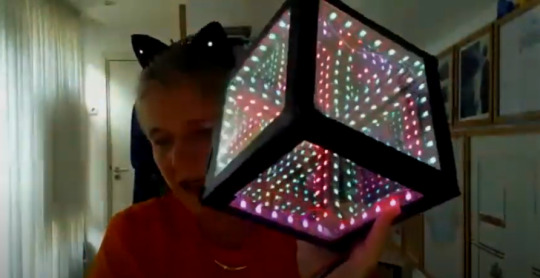Coding from Home 6
Publication date: June 12, 2020
6th EU Code Week webinar encouraged coding at home and offered a French online course on AI, unplugged activities from Greece and ultimate fun with Micro:bit
Participants had a chance to meet Alain Thillay from the French Ministry of education and youth, and Bastien Masse from the University of Nantes who presented a successful open online course on Artificial intelligence and machine learning. Greek leading teacher Vasiliki Psarithou showed how she uses concepts of computer science to teach in a minority school and Pauline Maas – leading teacher from the Netherlands – showed some great examples of how to learn and have fun with Micro:bit. The recording is available on the EU Code Week Youtube Channel
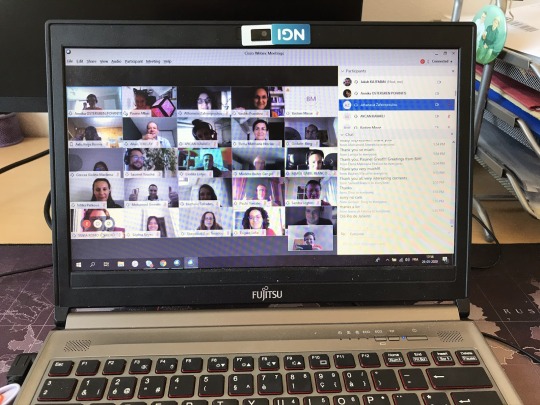
The first presentation by Alain Thillay and Bastien Masse was about the Class’Code project. It is an open participative solution to help teachers and educators to introduce computer science and computational thinking to children. The project started in 2015 and 70 organisations contribute. This project is about empowering teachers and giving them the right tools to help kids from 7 to 17 year old get the needed digital skills. Already more than 80.000 teachers were trained through the online courses. The latest one is Class’Code IAI which introduces basic concepts of artificial intelligence. The course runs for free (in French) since April 2020 and its principles are: 1/ Question yourself, 2/ Experiment, 3/ Discover and 4/ Discuss. The course helped already more than 10.000 people to understand the principles of machine learning explore the grounds of AI.
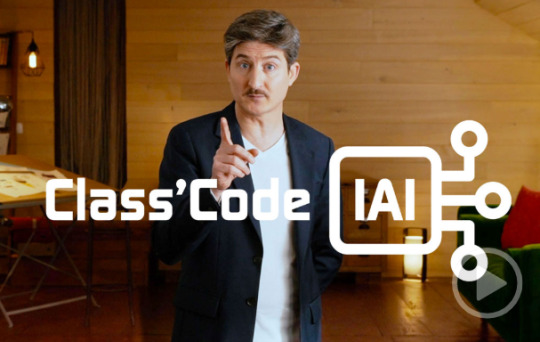
The next presentation was by the Greek leading teacher Vasiliki Psarithou (check out her slides) who lives and works in a rural region close to the Greek/Turkish border. Her primary school students speak mainly Turkish and she needed to find a way how to teach them the Greek language. She organised an activity called “Make your own rocket” and offered it to 10-year old kids. She developed a simple e-book in Greek where she used concepts from mathematics, computer science and art to explain the process. Students had to follow the instructions step-by-step and build a rocket. Vasiliki also involved parents and the results look amazing. All students were thrilled, some of them shared their creations in videos and over 90% of them participated.
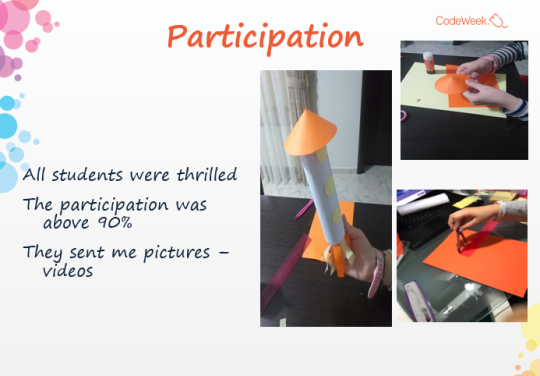
The last part of the webinar proved that coding can be really fun. Pauline Maas (presentation), the leading teacher from the Netherlands, shared the whole variety of creations that one can do with micro:bit. These are small microcomputers with LED lights, A/B buttons, light and temperature sensors or a compass. They can also “see each other” which brings a great element of interaction in every activity.
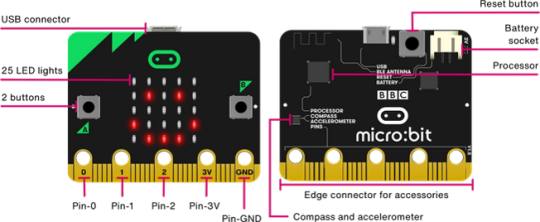
You can code micro:bit in various programming languages. But to start with, Pauline recommended using the dedicated makecode micro:bit environment where anyone can easily command the device. Teachers can also benefit from a micro:bit classroom where they can manage lessons with their students, see their progress, results and help them when they get stuck. Pauline also manages the microbit101 website where she offers more cool tips on how to use these devices. To start with micro:bit, Pauline suggest all teachers watch her dedicated EU Code Week learning bit where she explains the basics, provides tips and also offers some ready-to-use activities and lesson plans.
